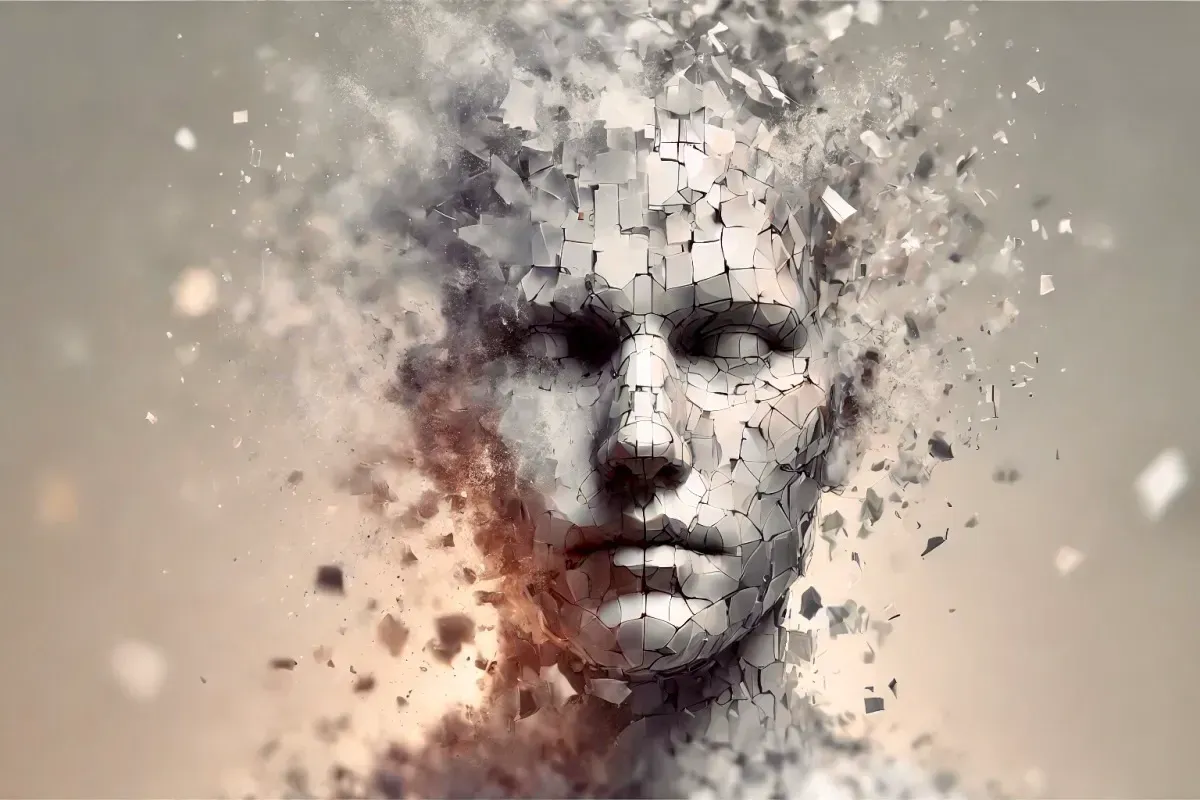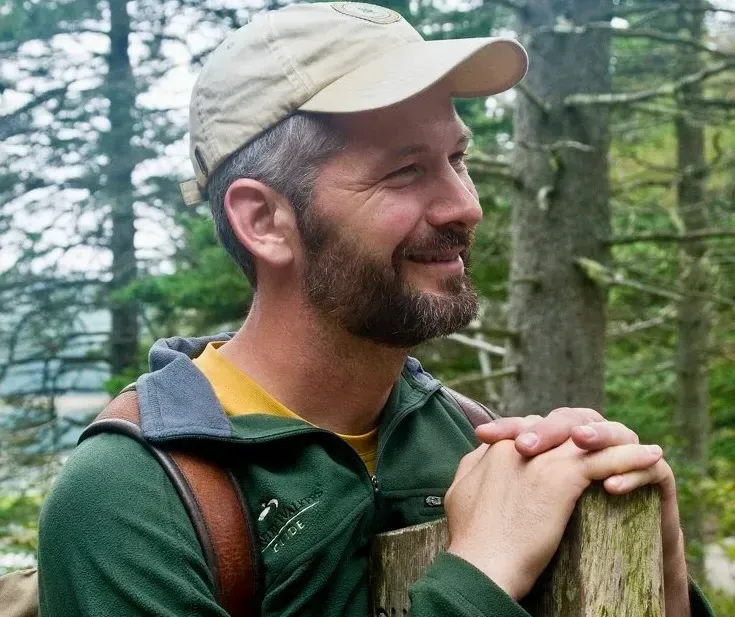WWJD?
Sign up for blog updates!
Join my email list to receive updates and information.

The program was titled Living With Spiritual Integrity in an Age of Fragmentation. We attendees voiced a common goal: to have a day of respite from witnessing the criminal dismantling of everything we hold dear.
Our guide was Mark Kutolowski, the founder and co-director of Metanoia of Vermont. His work there focuses on recovering the Christian contemplative tradition, exploring the role of nature as a path toward deeper union with God, and fostering the connection between prayer and the body.
His counsel to our group at a conference center near Hartford, Connecticut, was simple – pay attention to how Christ modeled a peaceful heart in the midst of chaos.
This was counter-intuitive and difficult for my Type-A personality, which is prone to seizing a problem by the throat and shaking it until it cries “Uncle!”
Remember, Mark noted, there was a reason Christ chose to be born into Roman-dominated Palestine, with all the de-humanizing treatment of the Jewish citizenry by a rapacious occupying force.
To answer the pop-religion question of What Would Jesus Do (WWJD?), Mark traced how Christ did the exact opposite of what I – and you, perhaps – would do.
Christ taught radical love, as in love every person who comes before you. And by the way, pray for the welfare of your enemies. Because that’s what “Love your enemies” means.
Christ preached downward mobility, as in radical detachment.
He urged his followers to accept suffering, as in turn the other cheek.
He demonstrated utter dependence on God, as in trusting that five loaves and two fish would feed five thousand.
Then He took a second look at the thou shall not list that Moses brought down from Mount Horeb. And presented His own list – thou should:
· Embrace being an unimportant person
· Engender gentleness
· Be reconciled to, not resentful of, pain and sorrow that come your way
· Live in alignment with God
· Show active compassion
· Free yourself from earthly comforts
· Nurture a peaceful heart
· Recognize that there will always be a cross to bear

Mark Kutolowski.
If incarnate Christ were with us today, he would do exactly what he did under Roman rule two millennia ago: tend to the suffering, lift the poor, lead by example, denude hypocrisy – all the while rendering to Caesar the things that are Caesar’s. Because there will always be a Caesar for us to contend with.
So how do we anchor ourselves? With an ancient, Christ-like response to divisiveness that answers the cautionary comment of Pope Francis: “The devil, who is the divider, always insinuates suspicions to divide and exclude.”
Will it work? The Roman Empire evaporated, didn’t it?
Christ’s early followers were recognized not by their clothes but by their character:
· Dependence on one another
· Generosity
· Inclusiveness
· Community
· Love
· Detachment
· Authenticity
· Acceptance
· Forgiveness
They were known for their love. They sang for joy as they entered the Roman Colosseum to be murdered.
Onlookers were mystified and attracted. In the face of Roman baseness, pagans craved the joyful tranquility of early Christianity.
It was only after Emperor Constantine legalized it in 313 did hordes of people convert to this new religion – because it was suddenly beneficial to be known as Christian. The clerical robes got frilly, the hats grew ridiculous, and, well, you know the rest of the story.
Today millions of people buy into what the first Christians called The Way` even though they are not members of a Christian faith community.
An example is Tom Krattenmaker, director of communications for Yale Divinity School and an outspoken humanist. He writes:
“I don’t pay attention to Jesus because he’s divine but because I find the teachings attributed to him to be of a very high and enduring quality. Even though no society has ever fully embodied the compassion and care for others exemplified by Jesus, those ideals have never vanished, and they still beckon today whatever our religious or nonreligious persuasions.”
